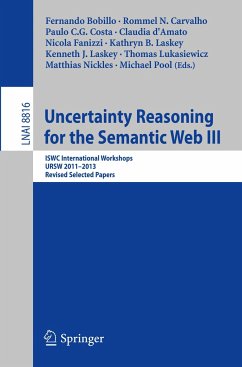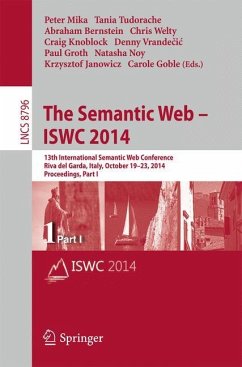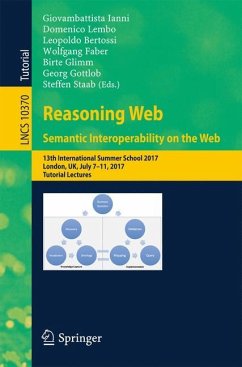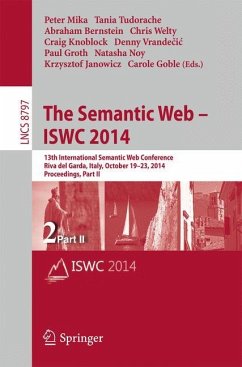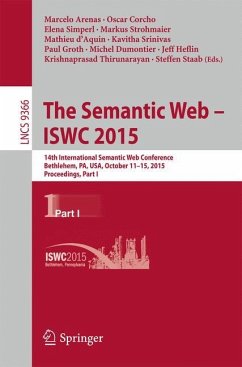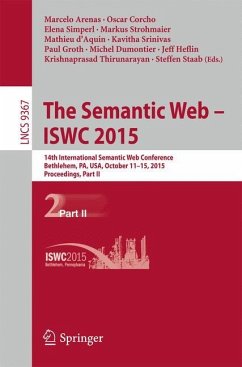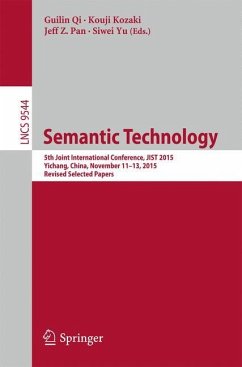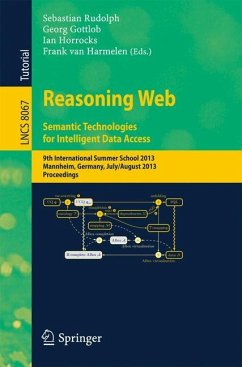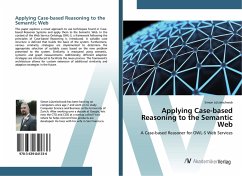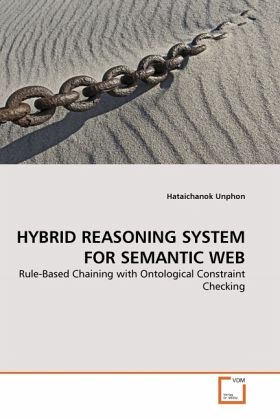
HYBRID REASONING SYSTEM FOR SEMANTIC WEB
Rule-Based Chaining with Ontological Constraint Checking
Versandkostenfrei!
Versandfertig in 6-10 Tagen
32,99 €
inkl. MwSt.

PAYBACK Punkte
16 °P sammeln!
An integrated system for knowledge representation, consisting of a structural component and a relational component, is discussed, and its application to Semantic Web is outlined. Grounded upon Description Logics (DL), the structural component enables representation of ontologies along with RDF annotations of Web contents, and various kinds of ontology-based reasoning. The relational component, by contrast, allows one to describe relationships between individuals using an extended form of Horn rules, in which terminological membership constraints can be specified. Reasoning process in the integ...
An integrated system for knowledge representation, consisting of a structural component and a relational component, is discussed, and its application to Semantic Web is outlined. Grounded upon Description Logics (DL), the structural component enables representation of ontologies along with RDF annotations of Web contents, and various kinds of ontology-based reasoning. The relational component, by contrast, allows one to describe relationships between individuals using an extended form of Horn rules, in which terminological membership constraints can be specified. Reasoning process in the integrated system is driven by an extended backward-chaining algorithm embedded in the relational component. The two components interact by means of concept instantiation checking, which is supported by a state-of-the-art DL system, called RACER. Not only does the integration extend the expressiveness of a representation language; in addition, employment of backward chaining in conjunction with aspecialized reasoner such as RACER makes it possible to improve deduction process since specialized reasoners typically perform better than general purpose ones. Some experimental studies are reported.



